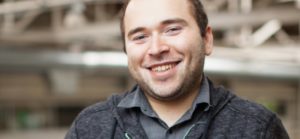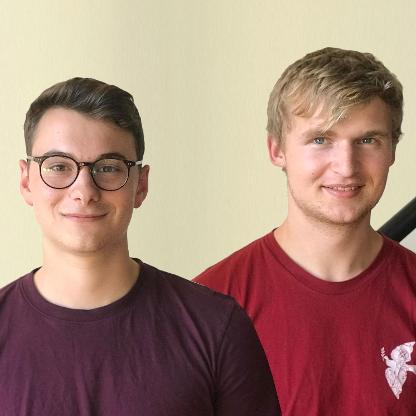
Stanislav Vishnevskiy, co-founder of Discord
There a lot of people that play video games in the world. That number is estimated to be around 2.5 billion and rapidly climbing. That is a lot of people, and those people want to connect with others just them. In comes Discord, a platform for the gamers of the world. Discord was created by Stanislav Vishnevskiy and his business partner Jason Citron. Discord is a cloud-based server farm that allows any of its users to create servers for means of communication between them and any members of the server.
Discord was also built on the foundation that customizability is key. Servers can have scripts and bots written into the servers that can auto-reply, auto-post, all those sorts of things. You think it, odds are a Discord server can take care of it. Granted many of these automatic bots are written by high knowledge programmers, but that also gives them an outlet to experiment in their own time. Discord has heavily disrupted the gaming communication industry. Beforehand many people used services like Skype or TeamSpeak, but with Discord the perfect match of lightweight, user-friendly program meets super reliable communication service. The service really has started to revolutionize the way gamers communicate and get to know others. Some users have even gone as far to say that it is the equivalent of Facebook for gamers, the perfect service that meets all their needs and connects with new people from around the world.
Vishnevskiy and Citron really took advantage of a specific niche. Gamers that wanted to communicate with each other, but did not have a well-put together service that allowed them to do just that. Discord today has over 90 million registered users from just the meager 10 they started out with as a test run. Vishnevskiy and Citron continue to push Discord further than ever and who knows what the service will be able to provide next? Discord has been a true example of a disruptive force upon an industry that seemed to have all its players set in stone.



